
Better Bankers, Better Banks
Promoting Good Business through Contractual Commitment
Recommendation
Neither billions in legal settlements nor all the regulations in the 2010 Dodd-Frank Wall Street Reform and Consumer Protection Act have deterred banks from irresponsible behavior. This dynamic won’t change unless bankers’ compensation also changes, write Claire A. Hill and Richard W. Painter of the University of Minnesota Law School. They propose a voluntary system – called “covenant banking” – that would make executives “contractually” liable from their personal assets for some portion of their bank’s losses and fines. Hill and Painter may idealistically overstate the capacity of this one specific reform – or any one specific reform – to transform the industry, but their history of banking is insightful and their proposal seems apt to generate thoughtful discussion. getAbstract recommends their detailed reporting to policy makers, bank directors, shareholders and anyone interested in how banks could avoid repeating the kinds of mistakes that sparked the 2007-2008 financial meltdown.
Summary
About the Author
Claire A. Hill and Richard W. Painter are professors at the University of Minnesota Law School. Hill directs the Institute for Law and Rationality, and Painter is a former associate counsel in the White House Counsel’s Office.







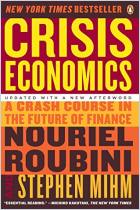

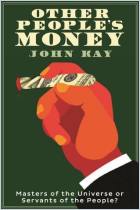
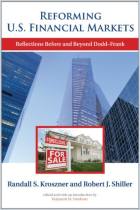
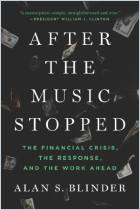
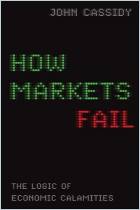







Comment on this summary or Démarrer une discussion